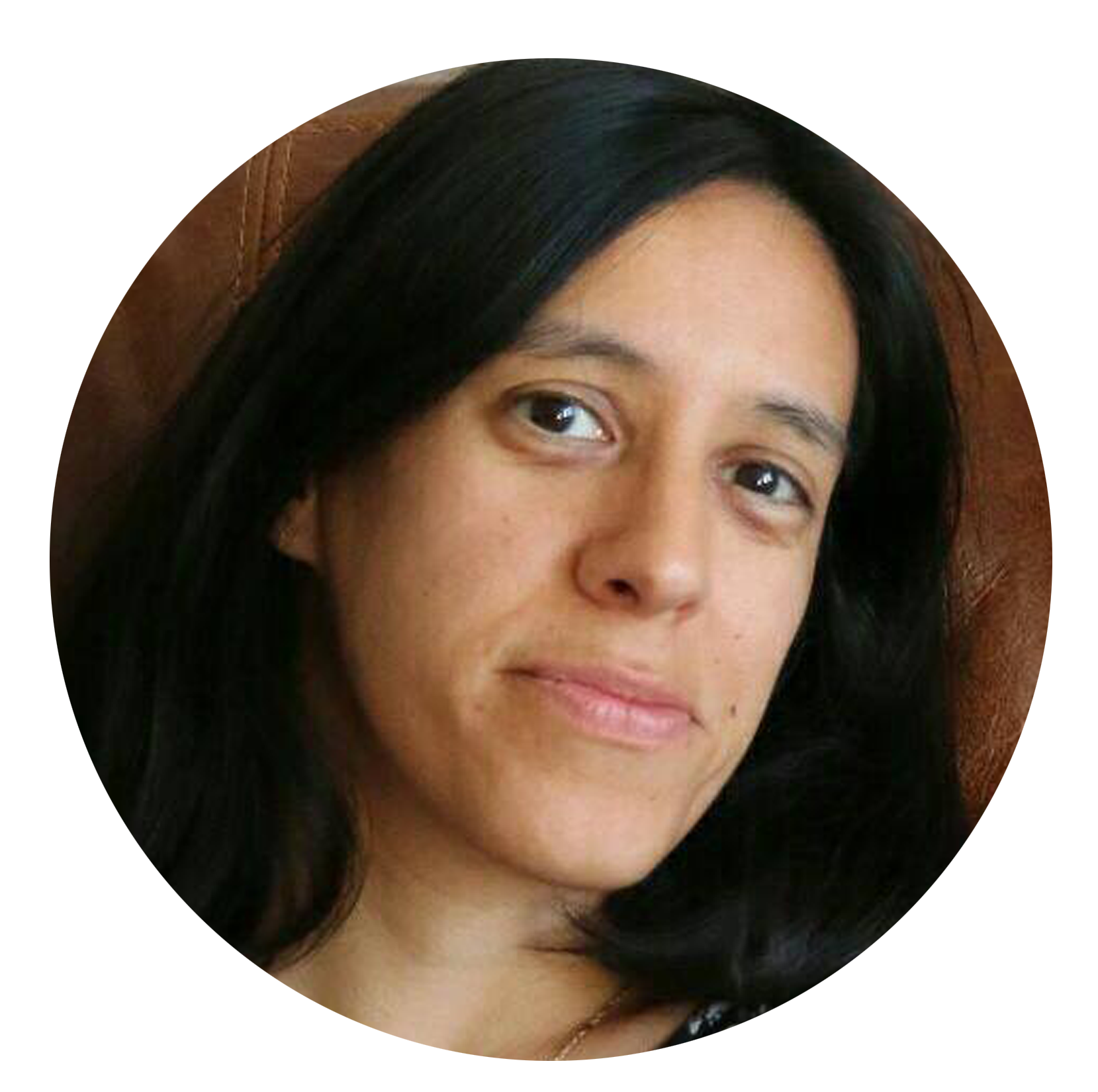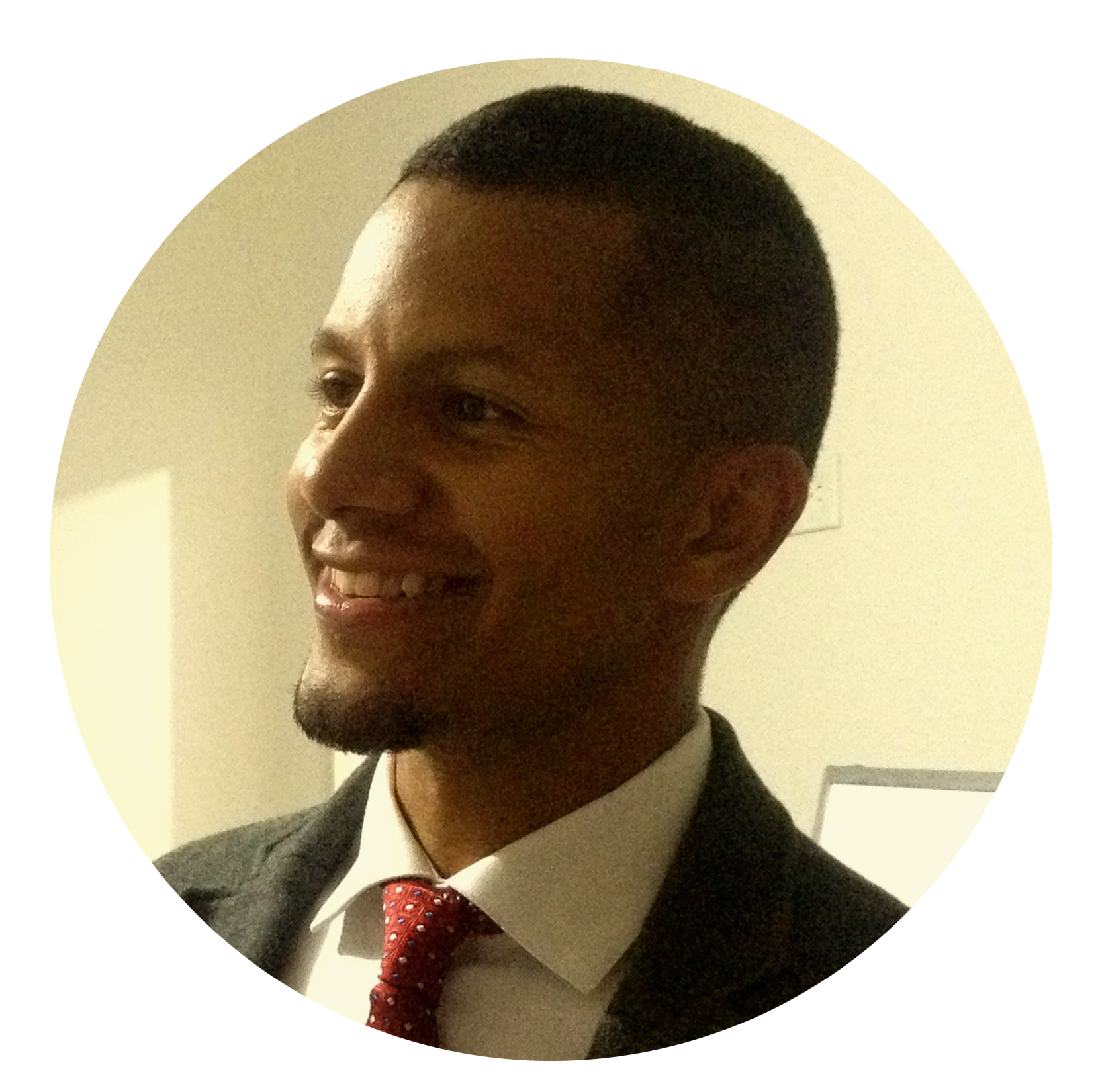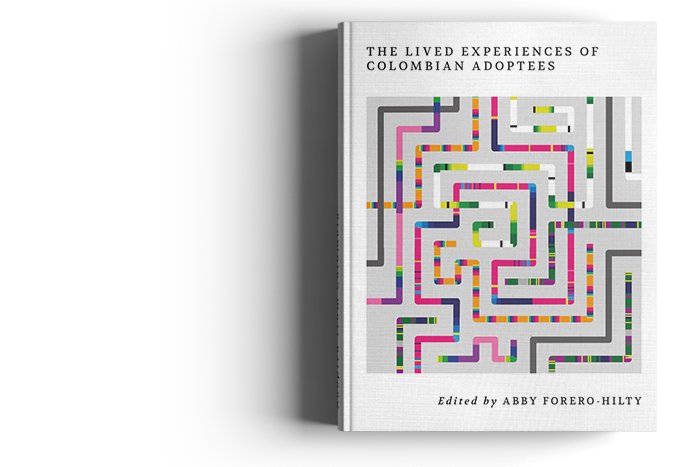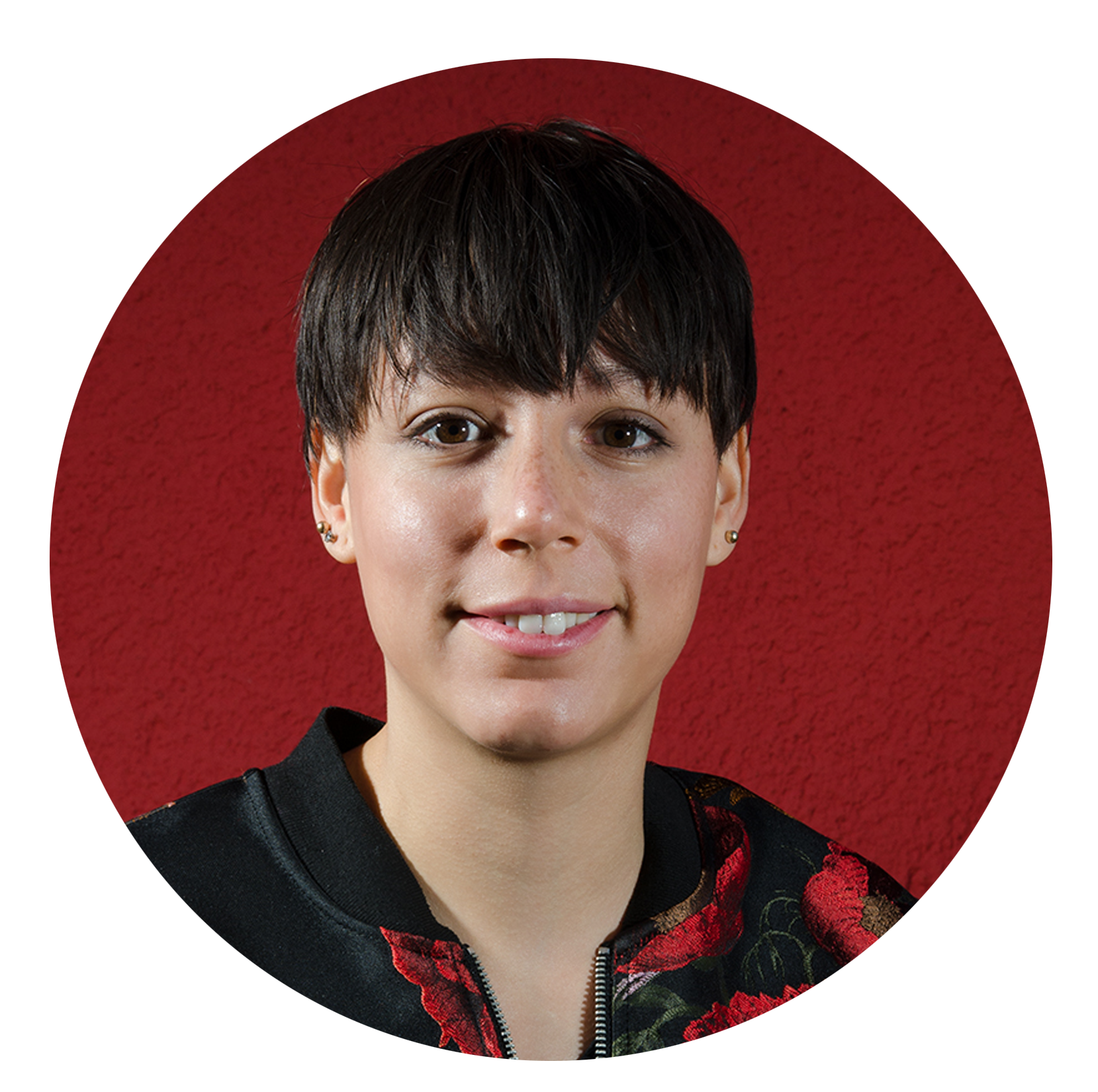que hacemos
El objetivo de este proyecto es reunir familias colombianas que han sido separadas por la adopción, utilizando una prueba independiente y fiable de ADN. Por lo tanto, para ayudarles a aquellas madres biológicas en Colombia que buscan sus hijos adoptados, estamos ofreciendo un kit de prueba de ADN….gratis. Adoptados colombianos que quieren buscar por sus madres/familias biológicas podrán acceder un kit de ADN a un precio reducido. Para poder realizar nuestra meta—la reunificación de familias colombianas que han sufrido alguna pérdida a través de la adopción—necesitamos aumentar el número de madres/familias de origen (y también el número de adoptados colombianos) en la actual base de datos.
Generalmente las madres que perdieron o entregaron su hijo/hija en adopción tienen prohibido el contacto con él/ella una vez finalizada la adopción. Abogados que trabajan el tema y orfanatos muchas veces no ofrecen información a estas
madres. Por ejemplo, a qué parte fueron mandados sus hijos o cómo siguen. Muchas veces cuando los adoptados piden nombres de miembros de la familia de origen no reciben información—aunque son mayores de edad—por pérdida de información, incumplimiento de registrar información, destrucción de información y también falsificación de información. Al ser parte de una base de datos internacional, los adoptados y las madres biológicas/familias de origen pueden tener una alternativa para buscar sin mentiras ni obstáculos legales. Adicionalmente, las pruebas de ADN ofrecen clarificación definitiva de relaciones genéticas en los casos en donde los documentos de adopción son incompletos, incorrectos o hasta inexistentes.
Quienes somos.

Abby Forero-Hilty
Abby fue adoptada de Bogotá cuando tenía dos meses y creció en un barrio residencial pequeño de la ciudad de Nueva York. Estudió biología humana en la Universidad Estatal de Nueva York en Albany y la maestría de ciencia en antropología médica en la University College de Londres. En 1998, Abby se mudó a Suiza donde vive actualmente con su pareja y sus dos hijos. Trabaja en la industria farmacéutica, colaborando con científicos y autoridades de salud en el mundo con el fin de llevar nuevas drogas oncológicas a pacientes que las necesitan. Le gusta el senderismo, bailar, escribir, viajar, explorar la naturaleza y estar con amigos y familia. Conoce su familia biológica en Colombia desde marzo 2012.
Yennifer Dallmann/Villa
Yennifer es una estudiante de diseño y sostenibilidad basada en Colonia, Alemania con énfasis en fotografía y diseño conceptual. Nació en Medellín en 1988 y adoptada por una pareja alemana cuando tenía dos años. A través de su trabajo, intenta abrir más diálogo sobre las adopciones internacionales y ofrecer una voz para los adoptados que aún no tienen sus propias palabras. No ha encontrado a su familia biológica pero espera poder viajar a Colombia para realizar más proyectos relacionados con el arte. Yennifer quiere llevar las voces de origen a lugares donde los adoptados han sido enviados. Para más información y trabajos recientes, visite www.yvilla.de.

Jakob Taylor-Mosquera
Jacob Taylor-Mosquera nació en Cali y fue adoptado a los ocho meses por una familia de Seattle (Estados Unidos). Hizo su carrera en relaciones internacionales/español en los EEUU y su maestría en políticas públicas con énfasis en América Latina de la Universiteit Leiden en los Países Bajos. Conoció a su madre biológica y su familia en 2004 y desde entonces se ha preocupado por ayudar a otros adoptados colombianos familiarizarse más con su país de origen. Actualmente se encuentra en Cali enseñando historia y filosofía y regresará a Seattle para enseñar español, entrenar fútbol y traducir. A Jacob le gusta viajar, bailar, escribir, la fotografía y está aprendiendo francés.
Empezamos a compartir nuestras historias y a escuchar las de nuestros amigos adoptados. Con el paso de los años, hemos construido una buena confianza y un deseo de contribuir algo a la comunidad de adoptados colombianos. Con nuestro libro, compartimos con ustedes nuestras experiencias y conocimiento adquirido por vivir como adoptados colombianos transraciales. Esperamos que nos apoyen en nuestros esfuerzos para derribar los tabús y reunificar familias comprando nuestro libro, “Descifrando nuestras orígenes: las experiencias vividas de adoptados colombianos” haciendo clic AQUÍ. Todas las ganancias del libro serán utilizadas para comprar kits de ADN para madres biológicas en Colombia buscando sus hijos y para adoptados colombianos buscando sus familias biológicas.

con el libro
Si no es afectado/a directamente por la adopción pero quiere apoyar la reunificación familiar, por qué no apoyarnos comprando una copia de nuestra antología? Todo el dinero que se gana con la venta de nuestro libro, “Descifrando nuestras orígenes: las experiencias vividas de adoptados colombianos”, será utilizado para financiar los kits de ADN para madres biológicas y adoptados. Para más información sobre el libro y cómo puede comprar una copia para usted o para un/a adoptado/a que conoce y quiere, haga click aquí.
without the book
Do you want to support us but don’t want to buy our book? You cannot donate directly to our project but we are working constantly to get our fundraising site started. Stay tuned, because increasing the number of registered members to the DNA database is increasing the possibility to reunite families of adoption loss.
Muchas madres biológicas piensan en dónde podrían estar sus hijos, si están bien, cómo van sus vidas. Por otro lado, muchos adoptados también se preguntan por sus familias de origen. Con la ayuda de la ciencia moderna y la base de datos internacional de Family Tree DNA, que crece diariamente, muchas familias afectadas por la adopción pueden ser reunificadas de una forma independiente y de manera fiable.
Miles de bebés y niños han sido adoptados de Colombia a otros países del mundo desde 1960. Aunque muchos adoptados y madres biológicas no estén buscando su familia biológica, miles sí lo hacen. Para poder apoyar y reunir a la cantidad de familias que podamos, nuestro proyecto será conducido en dos fases.
En la primera fase, estamos enfocándonos en el apoyo de adoptados y madres biológicas que buscan familiares que tengan un correo electrónico, dirección y que puedan leer y escribir. Para adoptados con necesidades económicas más urgentes, nuestro fondo cubrirá 50% del costo de la prueba de ADN “Family Finder”. Una vez que nos hayan mandado una donación en nombre del adoptado, pagaremos la suma total del kit y será mandado directamente a la casa del adoptado.
Para madres biológicas colombianas buscando sus hijos, nuestro fondo cubrirá todo el costo del kit de ADN.
Para mayor información, contáctenos al correo info@decodingorigins.com.
Reseñas
They endured the traumatic loss of their whole world: Mother, mother’s breast, mother’s touch, mother’s smell, mother’s voice, mother tongue, motherland. They grew up as strangers in strange lands among people of a different color, with the trauma of racism and often the trauma of severe abuse.
Decoding Our Origins: The Lived Experiences of Colombian Adoptees will reveal the inner world of transracial adoptees. For them to bare theirs souls is an act of great courage. That they survived to write their stories is proof of their inner grit and a shining light for all.”
This collection of poems and stories brings the voices of Colombian adoptees to the forefront. Forero-Hilty positions her anthology within a growing literature that gives preference to the lived experiences of adoptees and speaks to issues particular to adoption and more directly to transnational/transracial experiences from the unique perspective of the adoptee. The contributors to this anthology remind us that the loudest voices that have been heard in past writings and literature are those of the adoptive parents—the adults with cultural clout, middle- to upper-class white American/European couples—and the silenced have traditionally been the birth parents and the adoptees. This compilation goes a long way to remedy that with experiences that uncover the violence and destruction that accompany the institution of adoption.
The men and women who share their stories in this compendium push back against the American/European adoption practice that has erased their origins and provided a replacement story that was often incorrect. They push back against adoptive parents who view them as possessions or charity. They push back against the silences that hide the fear of rejection and the fear of what birthparents represent in the adoption constellation. The stories in this anthology are joyous, sad, nostalgic, detached, angry, and accepting in some places. The adoptees expose their truths and their pain, but they also tell of resilience and strength in the face of incredible loss and relate honestly their experiences as Colombian adoptees removed from their families and their culture. Their stories are raw yet resilient, and most of all real.
As an adoptee and an adoption researcher, I find the stories relatable and consistent with adoption experiences and the secrecy and erasure that undergird the institution. I am currently on my own adoption journey searching for birth relatives, grappling with misinformation and sealed court records that were put in place to authenticate the as-if-begotten lie. DNA is a new tool, but it is rendered ineffective unless there is someone to match the sample to—making this project even more important in its effort to increase the Colombian DNA database for adoptees and first families.“
I read the book in two sittings. I loved the mix of literary styles … prose, lyrics, narrative, photographs – it made for an interesting read. It is deeply emotional and contains very moving personal accounts of the struggles and achievements of these Colombian adoptees! It covers some profoundly sad experiences and includes many stories of reunion and beyond.
I felt very connected reading Decoding Our Origins: The Lived Experiences Of Colombian Adoptees because it reflected much of what I’ve experienced and learnt from intercountry adoptees worldwide from a variety of countries of origin. The issues and experiences reflect what I’ve always termed the “kaleidoscope of intercountry adoption journeys”.
One aspect that stood out was these experiences voiced by the Colombian intercountry adoptees, appear to be largely the result of the USA’s privatised system of adoption. It has only been since 2008 that the USA became a signatory of The Hague Convention for Intercountry Adoption.
Prior to becoming a signatory of The Hague Convention, independent adoption agencies facilitated intercountry adoptions for prospective parents. We see the results from these adoptees themselves, now grown up, with a voice of their own. They share the consequences resulting from growing up with ill prepared parents due to a lack of mandatory and standardised education, lack of standardised screening, and a lack of education to adoption agencies from the many perspectives of the intercountry adoptee.
The anthology, being largely the voices of USA based Colombian intercountry adoptees, is a reflection on the USA who is the largest receiving country in the world for intercountry adoptions … and a sender of its own children via intercountry adoption! I hope the USA will work hard to listen to and include a wide range of voices of the adult intercountry adoptee community to improve the standards and processes that would be required to ensure intercountry adoptions achieved better long term outcomes for the child who inevitably grows up to become an adult.
We now see en masse, generations of intercountry adoptees like these Colombians in the USA and around Europe, who have suffered in their adoptions. Suffered rehoming, trafficking, deportation, false documentation; who are searching for their true identities and their place of belonging, who struggle to have their emotional journey validated, and essentially for whom they have been given inadequate pre & post adoption supports. Our receiving countries have an ethical obligation to ensure if they are going to continue to bring in children via intercountry adoption each year, they lift their standards by providing resources to ensure these children will have positive outcomes in the future and not continue to suffer as many of these adoptees in this Colombian anthology share.
Let’s not forget the role of the sending country, Colombia. One has to question why our sending countries, not just Colombia, continue to send so many of their children out. Why, after so many generations, does Colombia still fail to create and implement family preservation systems especially given such a high proportion of these Colombian adoptees successfully reunite and find their families intact?
Decoding our Origins: The Lived Experiences of Colombian Adoptees also highlights the long history of irregularities in documentation from orphanages and hospitals and the long-term consequences for intercountry adoptees of such practices.“

